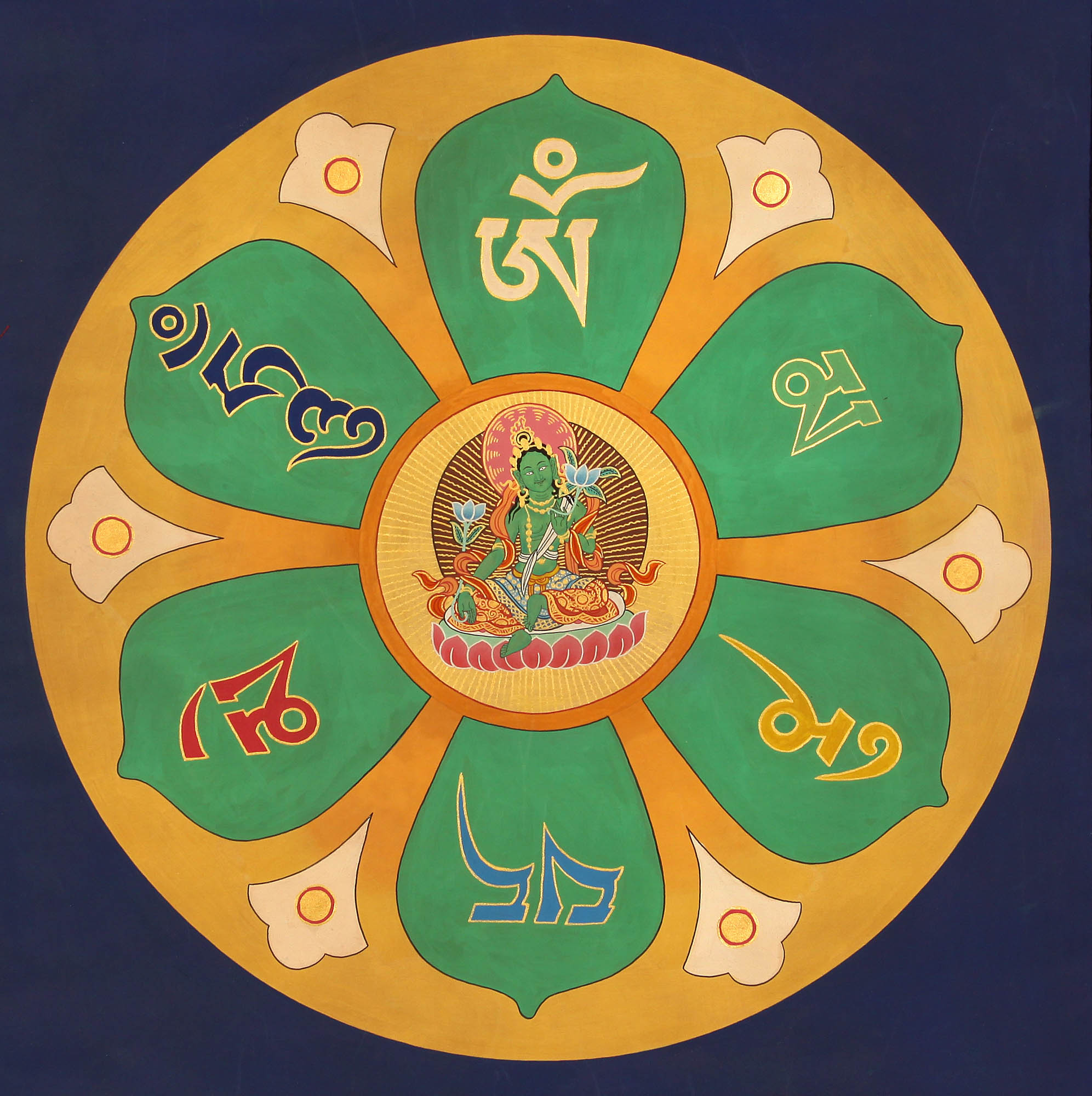Stages of Gratitude
by Gregg Krech
from the Thirty Thousand Days website
Many of us wish to be conscious of how our lives are blessed. We don’t want to be stuck in a complaint-based life. We want to be grateful. Yet we constantly regress to a state of mind where we focus primarily on our problems and complain about how hard and unfair life is. Our state of mind (and spirit) is a roller coaster, going up and down between feeling grateful and sinking into despair or resentment. The following stages may reflect where you are at any given moment. We don’t “attain” some higher stage and remain there. Instead we can develop the capacity to notice where we are and step back and simply reflect on ourselves and our lives. A moment of gratitude is also a moment of grace!
#1
Even though I am supported and cared for by others, I have no awareness of it and I spend most of the time complaining.
#2
I am somewhat aware of the care and support I receive, but I feel I deserve it and spend much of the time complaining.
#3
When something unexpected is done for me, or given to me, I am grateful, but I take most things for granted and complain quite a bit.
#4
I am frequently aware of how fortunate I am but I feel I’ve worked very hard to get here and do a lot for others. I often complain when things don’t go my way.
#5
I am aware, almost daily, of how I’m consistently supported and cared for by others and that I don’t give back nearly as much as I receive. I know I shouldn’t complain, but I do anyway.
#6
I am aware on a daily basis of how much I receive from others and how little I give back in return. I have a growing awareness of my tendency to be focused on myself and I’m conscious of the problems and difficulties I consistently cause others. I feel both grateful and guilty. Given all this, I’m amazed that I still complain so much.
#7
I’m aware each day of how much I receive from others and how little I give. I make an effort to give more to others as a result. My life is blessed and I clearly don’t deserve what I have. Whatever I have accomplished was only done with the support of others. No matter what, I still cause troubles and inconvenience to others, the awareness of which humbles me and makes me less judgmental of others. When I forget all this, I still complain.
~ from the Thirty Thousand Days website
= = =





